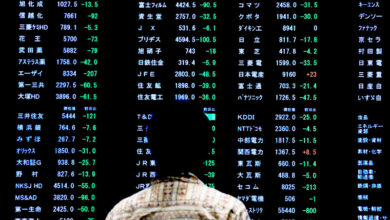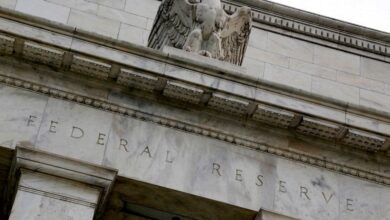The German financial system is under pressure, but no signs of a property correction are visible. Bundesbank

The German financial system is becoming more vulnerable as the country’s economy suffers from rising interest rates and exorbitant energy costs as it enters a recession, but a property market correction is not on the horizon, the Bundesbank said on Thursday.
Due to its overwhelming reliance on Russian gas, Europe’s largest economy has been among the biggest losers of Russia’s war in Ukraine. The economy is now expected to see a substantial slump beginning in the fourth quarter of 2022.
In a Financial Stability Review, the Bundesbank stated that “the macro-financial situation has significantly deteriorated.” Significant downside risks continue.
Rising expenses are reducing people’s and businesses’ financial options, which raises the risk of future credit in part as a result of higher European Central Bank rates.
Related: Germany needs billions of dollars to fix its energy crisis, but no one is buying its bonds.
Despite this, the Bundesbank did not anticipate a large decline in housing prices, which were previously believed to be 15%–40% overvalued.
According to Claudia Buch, vice president of the Bundesbank, “overall, housing prices are still increasing, albeit at a slower pace.” However, neither a substantial decline in real estate prices nor a decline in overvaluations is visible.
Despite the recession, the Bundesbank maintained that it was still too early for the nation’s financial watchdog to release a so-called countercyclical capital buffer—additional capital that was amassed during prosperous times and was intended to be used up during a downturn.
The bank continued, “A worsening energy crisis, a severe economic downturn, and abruptly rising market interest rates could significantly strain the German financial system.”
Extreme energy price volatility sharply raised the amount of collateral that central counterparties in derivatives trading were required to post, but government actions mitigated the liquidity crunch, and the overall credit supply “has worked well,” it said.





